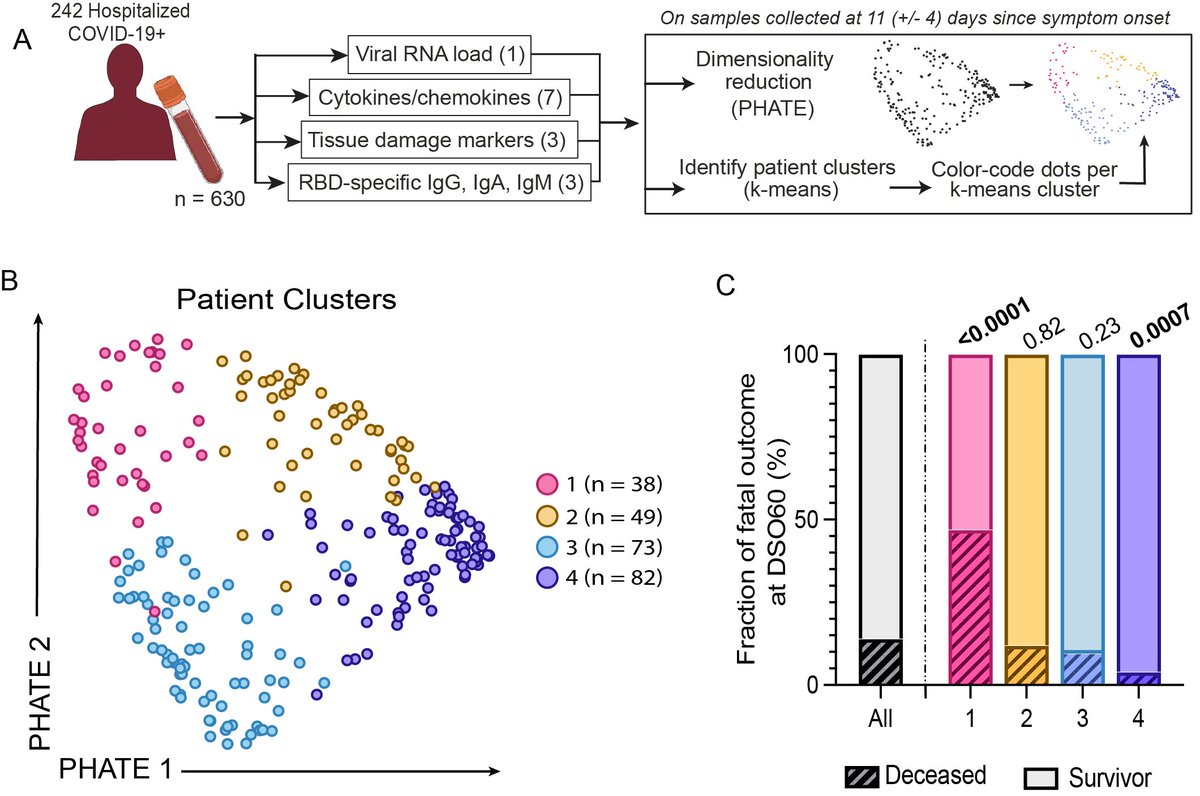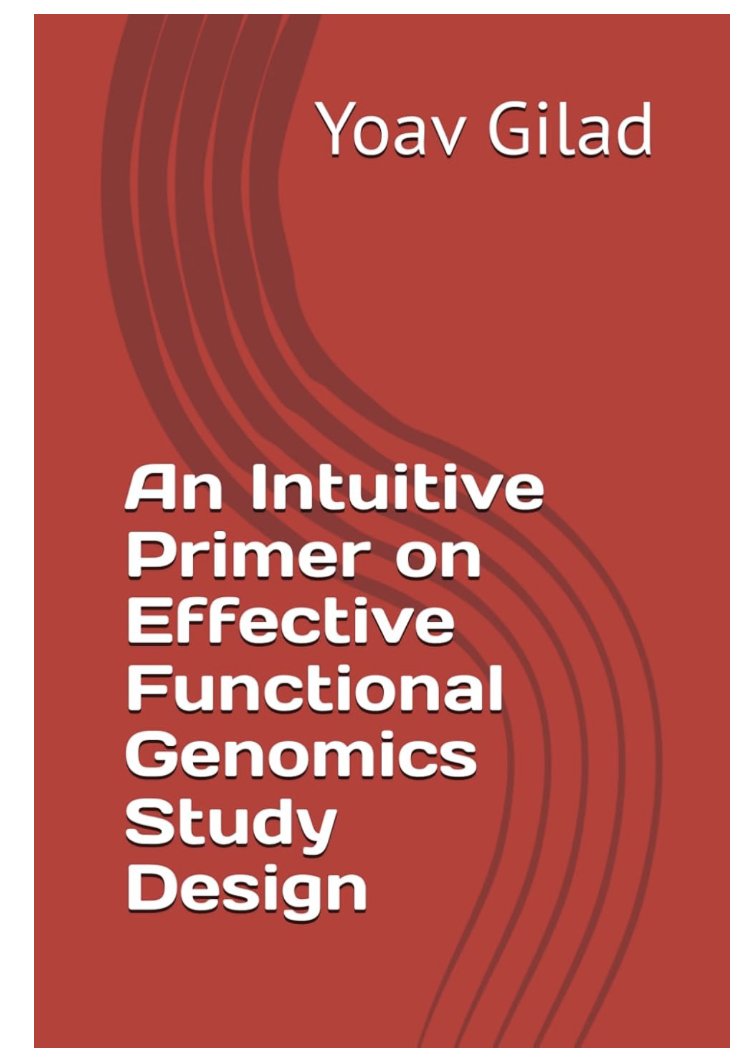
Haley Randolph
@he_randolph
postdoc // human genomics, immune response variation, and evolutionary biology
herandolph.bsky.social
ID: 3033325991
12-02-2015 20:09:20
1,1K Tweet
1,1K Followers
608 Following




Excited to share our pre-print "The multi-scale complexity of human genetic variation beyond continental groups" biorxiv.org/cgi/content/sh… Global Genomic Network Communities browser: sohail-lab.shinyapps.io/GG-NC/ Github: github.com/mariajpalma/GG… See🧵thread by lead author María J. Palma

What Happens When Some Cells Are More Dad Than Mom (and Vice Versa)? Latest from us. Published today. News here cuimc.columbia.edu/news/what-happ… article here: nature.com/articles/s4158… O'Jay Stewart BogunovicLab and a huge international team thank you 🙏🏼 Columbia Children's Health Lipschultz Precision Immunology Institute

Excited to share my PhD work with BogunovicLab in nature! We highlight the importance of monoallelic expression on the penetrance of genetic disease. nature.com/articles/s4158… Columbia Children's Health Lipschultz Precision Immunology Institute SinaiMSTP Icahn School of Medicine at Mount Sinai #InThoseGenes


Thrilled to share our publication Nature Immunology led by the incredible Nargis Khan Kim A. Tran and amazing collaborators Soehnlein Lab Luis B Barreiro bryan yipp @KhaderShabaana fascinating how a fragment of fungi can mitigate lung pathology to influenza rdcu.be/d5AEw

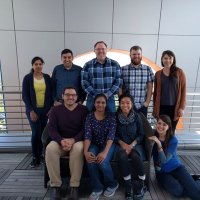
Human embryo editing against disease is unsafe and unproven despite rosy predictions nature Shai Carmi Hank Greely Kevin Mitchell nature.com/articles/d4158… Heritable polygenic editing: the next frontier in genomic medicine? Julian Savulescu nature.com/articles/s4158…
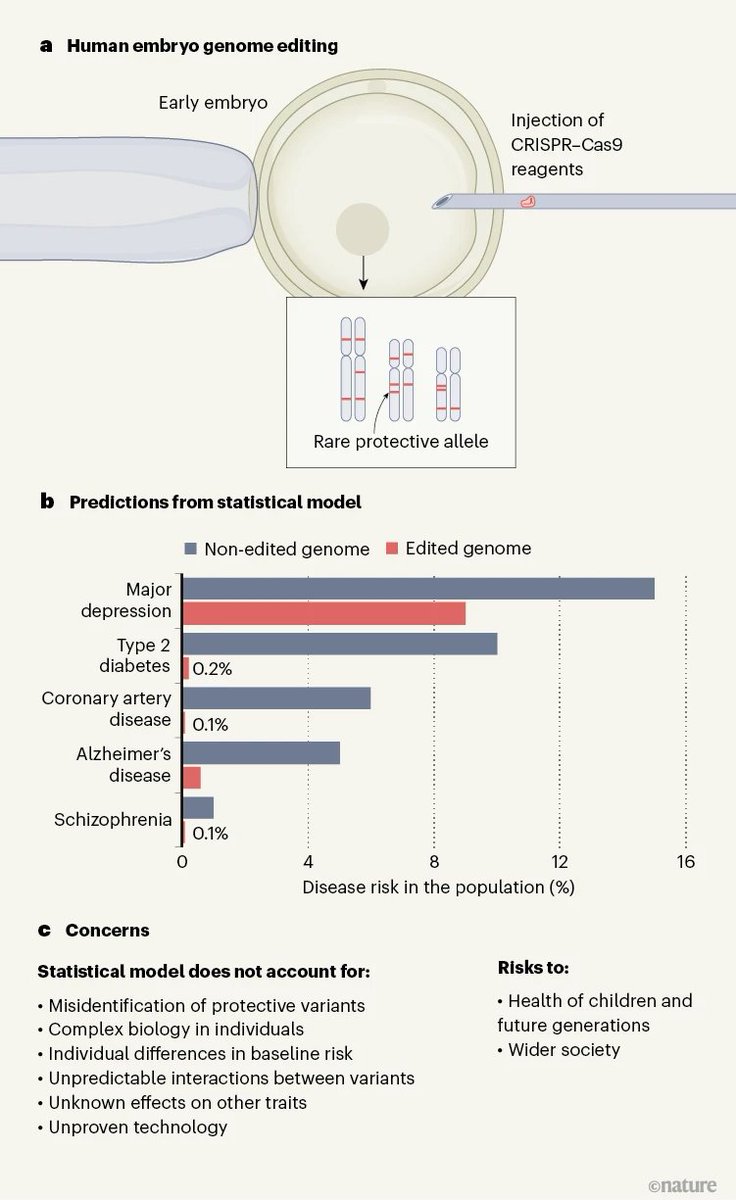



8th NYC Inborn Errors of Immunity symposium just concluded. 29 outstanding talks! Genetics, AI, Fundamental and Clinical Immunology, Bioinformatics, Animal models. Fantastic attendance. Thank you joshua milner for co-hosting. Columbia Children's Health
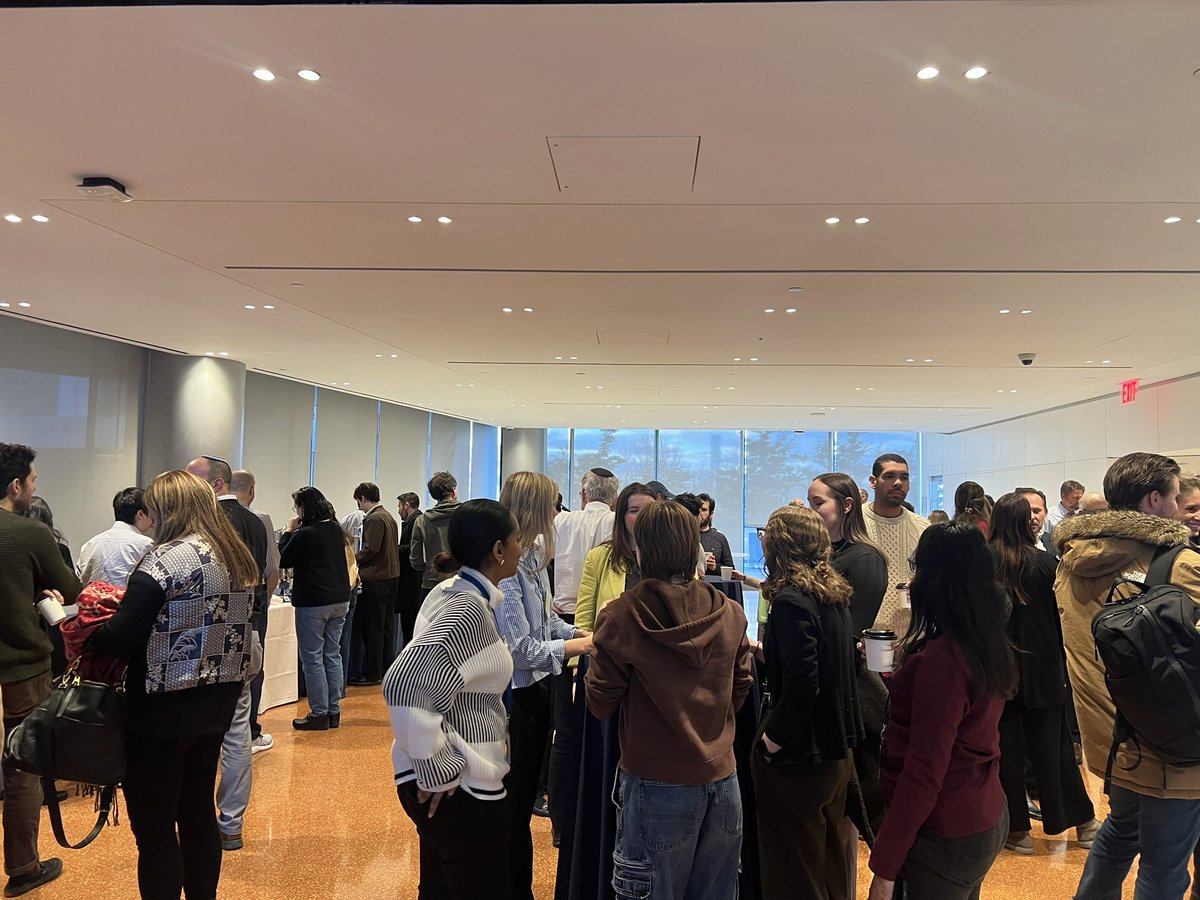




We are excited to host Professor Luis Barreiro (Luis B Barreiro) from The University of Chicago for two talks this week! Come learn about the evolution of the human immune system!
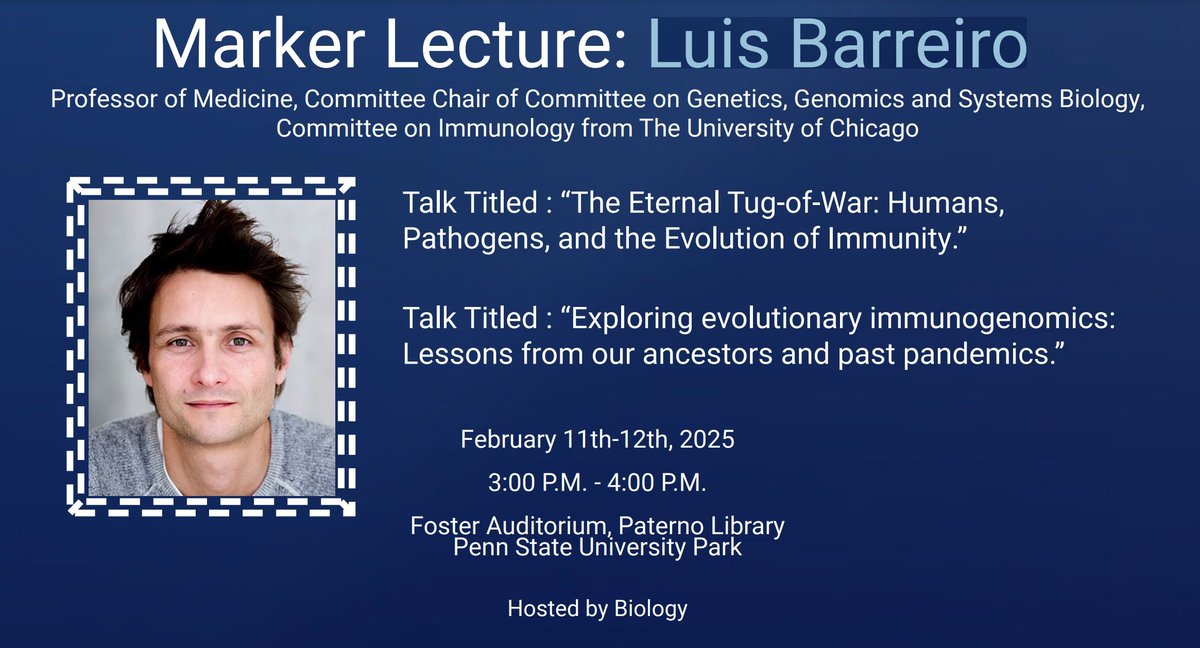

Why do some COVID-19 patients fare worse than others? Sacha Morin’s team used AI to study 300 hospitalized patients and understand how specific markers related to their immune response and the infection affected the clinical outcome. Read his blog post: mila.quebec/en/article/exp…
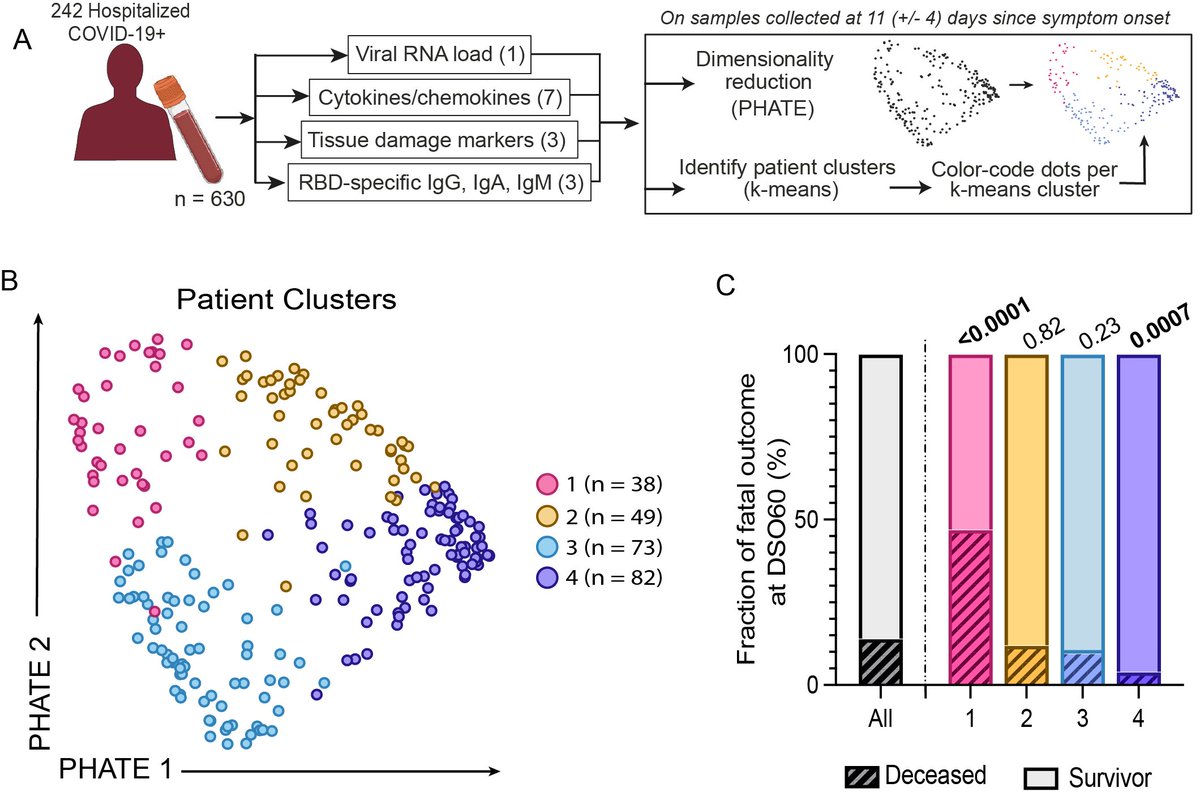

Pourquoi certains patients atteints de la COVID-19 s’en sortent-ils moins bien que d’autres? L’équipe de Sacha Morin a utilisé l’IA pour étudier 300 patient·e·s hospitalisé·e·s et comprendre comment certains marqueurs spécifiques liés à leur réponse immunitaire et à l’infection
